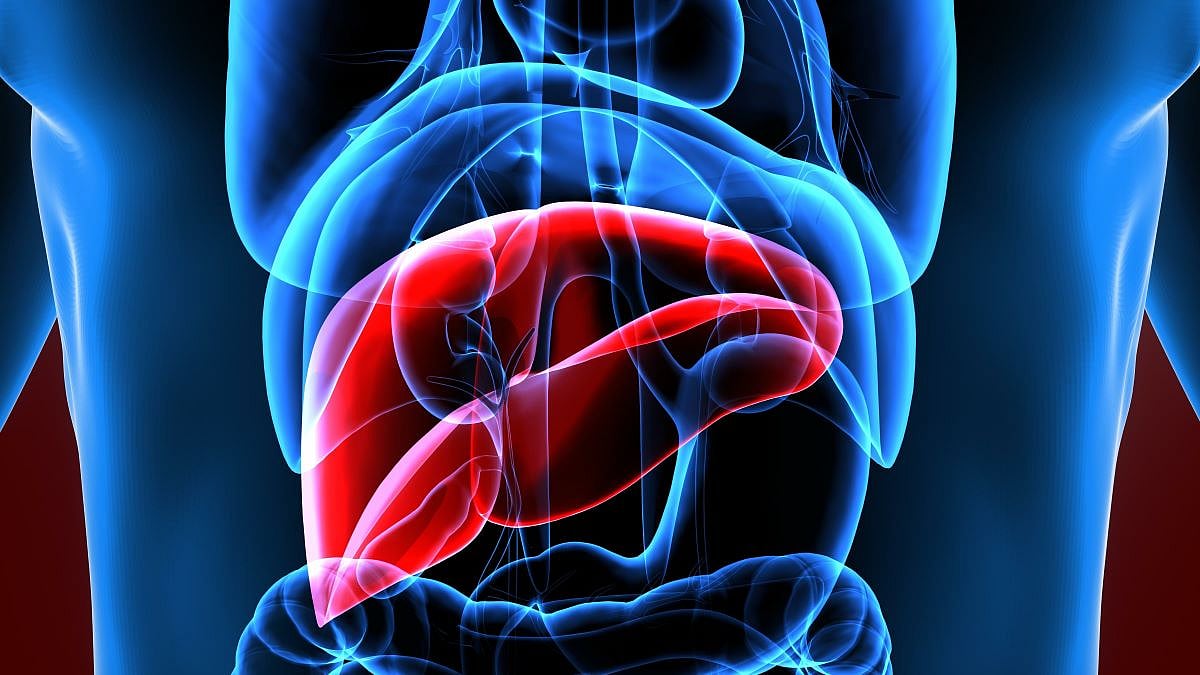Improvement seen in resolution of steatohepatitis without worsening of fibrosis and in fibrosis without worsening of steatohepatitis
By Elana Gotkine HealthDay Reporter
FRIDAY, May 2, 2025 (HealthDay News) — For patients with metabolic dysfunction-associated steatohepatitis (MASH) and fibrosis, semaglutide is associated with improved liver histologic outcomes, according to a study published online April 30 in the New England Journal of Medicine.
Arun J. Sanyal, M.D., from the Virginia Commonwealth University School of Medicine in Richmond, and colleagues conducted a multicenter, randomized, placebo-controlled trial involving 1,197 patients with biopsy-defined MASH and fibrosis stage 2 or 3. Participants were randomly assigned to receive once-weekly subcutaneous semaglutide 2.4 mg or placebo for 240 weeks (534 and 266 patients, respectively). The primary end points of resolution of steatohepatitis without worsening of liver fibrosis and reduction in liver fibrosis without worsening of steatohepatitis were assessed at a planned interim analysis conducted at 72 weeks.
The researchers found that resolution of steatohepatitis without worsening of fibrosis occurred in 62.9 and 34.3 percent of patients in the semaglutide and placebo groups, respectively. A reduction in liver fibrosis without worsening of steatohepatitis was reported in 36.8 and 22.4 percent of those in the semaglutide and placebo groups, respectively. Secondary outcomes included combined resolution of steatohepatitis and reduction in liver fibrosis, which was reported in 32.7 and 16.1 percent of those in the semaglutide and placebo groups, respectively, and mean change in body weight of −10.5 and −2.0 percent with semaglutide and placebo, respectively.
“In the current ongoing phase 3 trial, we found evidence for the superiority of semaglutide over placebo for histologic reductions in steatohepatitis and fibrosis,” the authors write.
The study was funded by Novo Nordisk, the manufacturer of semaglutide.
Copyright © 2025 HealthDay. All rights reserved.








